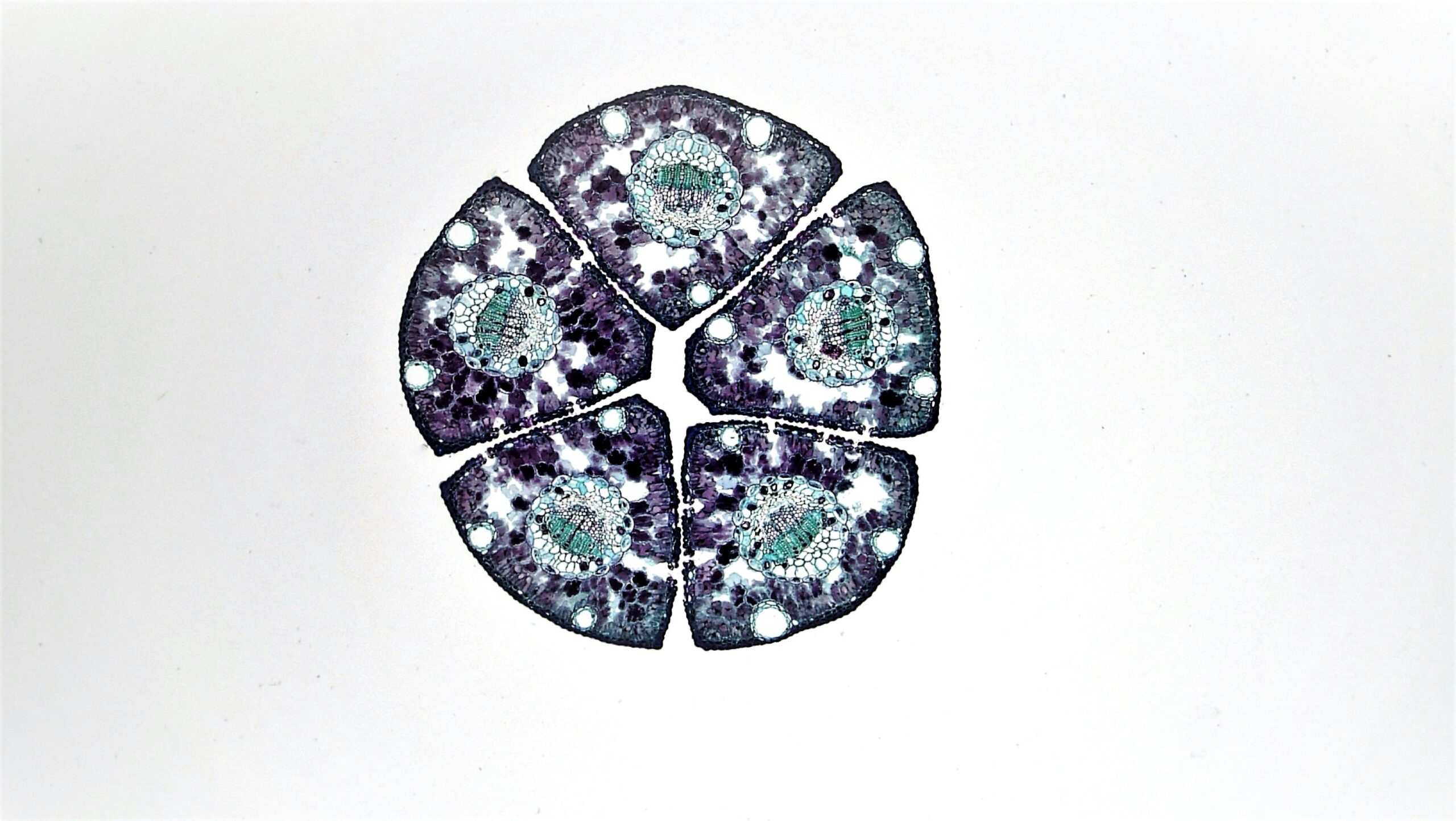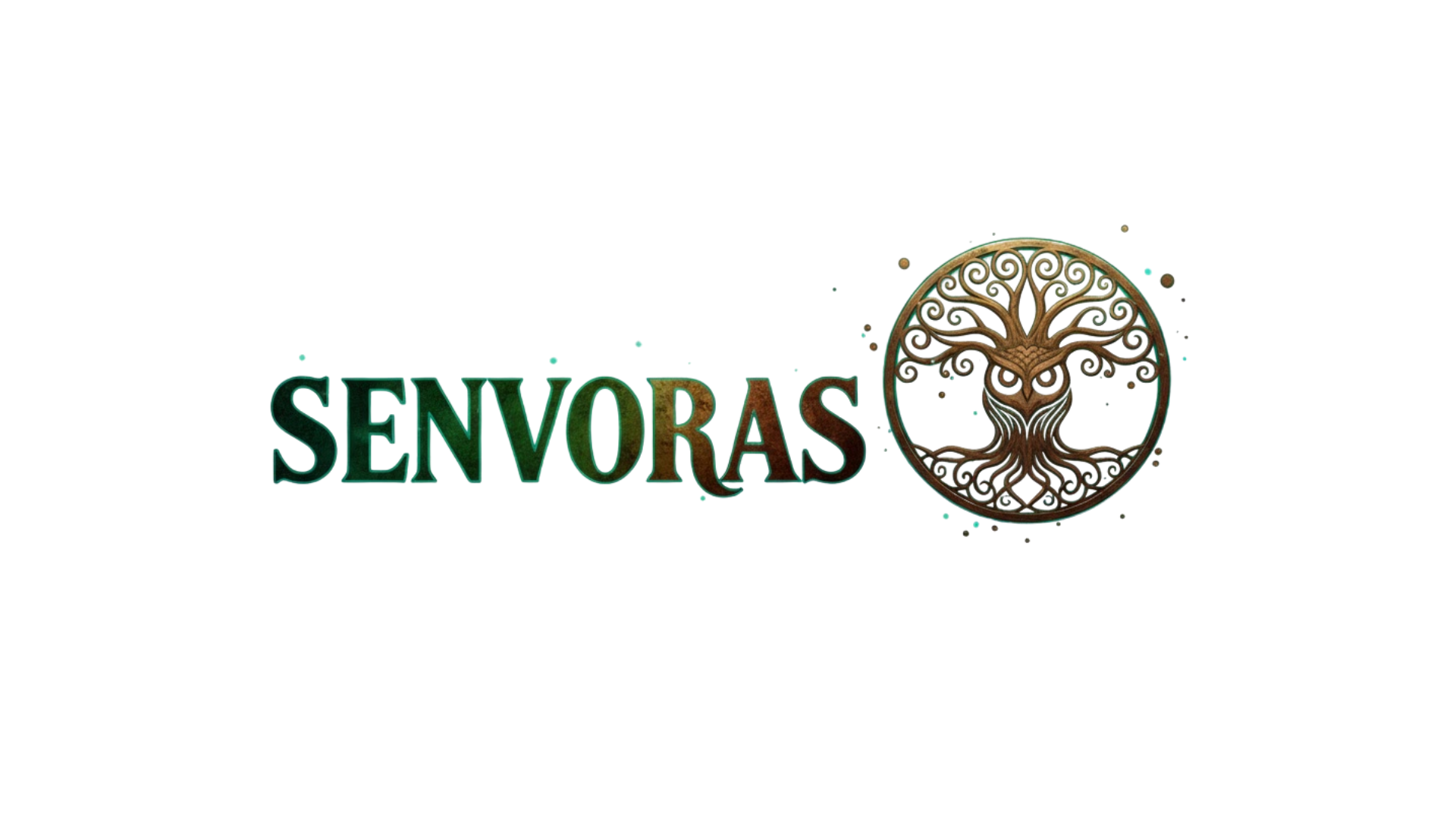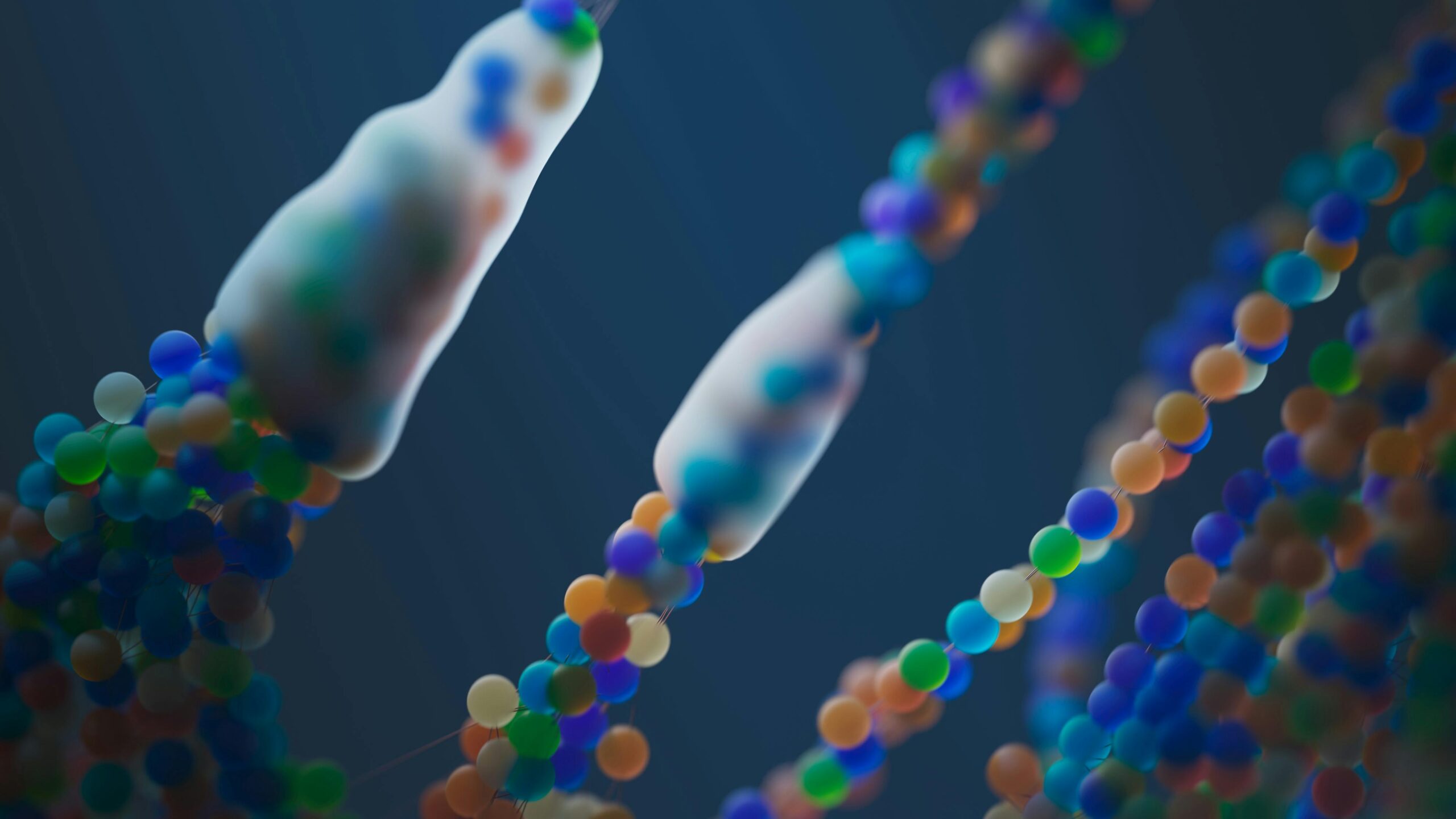Stem cell research stands at the crossroads of scientific innovation and moral responsibility, promising revolutionary medical breakthroughs while challenging our deepest ethical convictions.
🔬 Understanding the Foundation: What Makes Stem Cells Revolutionary
Stem cells represent one of the most remarkable discoveries in modern biological science. These unique cells possess the extraordinary ability to develop into many different cell types in the body, serving as an internal repair system that can potentially divide without limit to replenish other cells. This regenerative capacity has positioned stem cell research at the forefront of medical innovation, offering unprecedented possibilities for treating conditions previously considered incurable.
The scientific community recognizes several types of stem cells, each with distinct characteristics and potential applications. Embryonic stem cells, derived from early-stage embryos, can differentiate into virtually any cell type in the human body. Adult stem cells, found in various tissues throughout the body, maintain and repair the tissue in which they reside. Induced pluripotent stem cells, a more recent discovery, are adult cells that have been genetically reprogrammed to behave like embryonic stem cells, offering new pathways that sidestep some ethical concerns.
The therapeutic potential of these cellular building blocks extends across numerous medical fields. From regenerating damaged heart tissue following cardiac events to replacing neurons lost to neurodegenerative diseases, stem cells offer hope where traditional medicine reaches its limits. Researchers have already demonstrated success in treating certain blood disorders, repairing corneal damage, and growing skin grafts for burn victims. Yet this immense potential brings with it equally significant ethical questions that society must carefully navigate.
⚖️ The Ethical Landscape: Balancing Innovation and Morality
The ethical considerations surrounding stem cell research form a complex tapestry woven from threads of scientific ambition, philosophical beliefs, religious convictions, and societal values. At the heart of the debate lies a fundamental question: when does human life begin, and what moral status should we accord to embryonic cells that might one day become human beings?
Embryonic stem cell research particularly generates intense ethical scrutiny because obtaining these cells typically involves the destruction of human embryos. For many individuals and communities, this destruction represents the termination of potential human life, making the practice morally unacceptable regardless of potential medical benefits. This perspective draws from various religious traditions and philosophical frameworks that view human life as sacred from the moment of conception.
Conversely, other ethical frameworks emphasize the moral imperative to alleviate human suffering. From this viewpoint, the potential to cure devastating diseases and save countless lives creates a compelling ethical obligation to pursue stem cell research. These advocates argue that early-stage embryos, particularly those created for in vitro fertilization but destined for disposal, lack the sentience and self-awareness that characterize personhood, making their use in potentially life-saving research ethically justifiable.
Navigating Cultural and Religious Perspectives 🌍
Different cultural and religious traditions approach stem cell ethics through distinct lenses. Some Christian denominations strongly oppose embryonic stem cell research, viewing it as incompatible with the sanctity of human life. Islamic scholars have engaged in nuanced debates, with some permitting research on embryos before a certain developmental stage, while others maintain stricter prohibitions. Jewish ethical traditions often emphasize the principle of pikuach nefesh—the obligation to save lives—which some rabbinical authorities interpret as supporting carefully regulated stem cell research.
Eastern philosophical and religious traditions bring additional perspectives to this global conversation. Buddhist ethics, with its emphasis on compassion and the alleviation of suffering, has led to diverse interpretations regarding stem cell research. Hindu perspectives often consider the broader concepts of karma and dharma, leading to varied conclusions about the moral permissibility of such research within different communities.
🚀 Scientific Progress Without Moral Compromise
The development of induced pluripotent stem cells represents a potential bridge between scientific advancement and ethical concerns. These cells, created by reprogramming adult cells to behave like embryonic stem cells, eliminate the need to destroy embryos while maintaining much of the therapeutic potential that makes stem cell research so promising. This breakthrough, recognized with the 2012 Nobel Prize in Physiology or Medicine, demonstrates how innovative thinking can address ethical challenges without abandoning scientific progress.
However, induced pluripotent stem cells are not a complete solution. Technical challenges remain, including concerns about genetic stability and the efficiency of reprogramming processes. Moreover, some research questions can only be answered through the study of actual embryonic stem cells. This reality underscores the importance of continuing ethical dialogue rather than assuming technological solutions will eliminate all moral dilemmas.
Establishing Robust Regulatory Frameworks 📋
Effective governance of stem cell research requires carefully crafted regulatory frameworks that balance innovation with ethical oversight. Different countries have adopted varying approaches, reflecting their unique cultural values and political systems. Some nations have implemented comprehensive regulations that permit certain types of stem cell research under strict conditions, while others have enacted more restrictive policies or outright bans.
Key elements of effective stem cell regulation include:
- Clear definitions of permissible and prohibited research activities
- Transparent oversight mechanisms involving diverse stakeholders
- Informed consent protocols protecting embryo donors and research participants
- Rigorous scientific review processes ensuring research quality and necessity
- Mechanisms for ongoing ethical evaluation as scientific understanding evolves
- International cooperation to prevent regulatory arbitrage and “stem cell tourism”
💡 The Promise of Therapeutic Applications
Understanding the concrete medical applications of stem cell research helps ground abstract ethical debates in tangible human experiences. Patients suffering from conditions like Parkinson’s disease, spinal cord injuries, type 1 diabetes, and macular degeneration represent real people whose lives could be transformed through stem cell therapies. These aren’t merely statistics or theoretical possibilities—they’re individuals, families, and communities living with devastating conditions that current medicine cannot adequately address.
Clinical trials have already demonstrated promising results in several areas. Stem cell treatments for certain blood cancers and disorders have become established medical practice. Researchers have successfully used stem cells to restore vision in patients with corneal damage. Early-stage trials are exploring stem cell applications for heart disease, stroke recovery, and neurodegenerative conditions. Each success story reinforces the potential value of continued research while simultaneously emphasizing the importance of ensuring such research proceeds ethically.
Beyond Treatment: Advancing Scientific Knowledge 🧬
Stem cell research offers benefits extending beyond direct therapeutic applications. These cells provide unprecedented opportunities to study human development, disease processes, and drug responses at the cellular level. Scientists can create disease models using stem cells derived from patients with specific genetic conditions, enabling research that would be impossible or unethical to conduct on human subjects directly.
Pharmaceutical development particularly benefits from stem cell technology. Drug testing on human stem cells can reduce reliance on animal models while providing more accurate predictions of how medications will affect human tissues. This approach can accelerate drug development, reduce costs, and potentially identify safety issues before compounds reach human clinical trials. These applications demonstrate how stem cell research contributes to medical progress through multiple pathways, not just through direct therapeutic use.
🤝 Building Consensus Through Dialogue
Progress on stem cell ethics requires ongoing dialogue among diverse stakeholders. Scientists must engage with ethicists, religious leaders, policymakers, and the public to ensure research reflects shared values while advancing medical knowledge. This conversation cannot be one-directional; researchers must listen to and seriously consider ethical concerns rather than dismissing them as obstacles to scientific progress.
Public engagement plays a crucial role in shaping ethically responsible stem cell policies. Citizens bring diverse perspectives informed by personal experiences, cultural backgrounds, and value systems that enrich ethical deliberation. Educational initiatives that explain both the science and the ethical dimensions of stem cell research empower people to participate meaningfully in these important societal decisions.
The Role of Bioethics Committees and Review Boards 🏛️
Institutional review boards and bioethics committees serve as crucial gatekeepers ensuring stem cell research meets ethical standards. These bodies typically include scientists, ethicists, community representatives, and sometimes religious scholars, bringing multiple perspectives to the evaluation of research proposals. Their deliberations consider not only whether specific research is scientifically sound but also whether it respects ethical principles and complies with regulatory requirements.
Effective ethics review extends beyond initial approval. Ongoing monitoring ensures researchers adhere to approved protocols and respond appropriately to unexpected findings or complications. This continuous oversight helps maintain public trust in stem cell research while protecting the interests of all stakeholders, including embryo donors, research participants, and society as a whole.
🌟 Envisioning an Ethically Grounded Future
The path forward for stem cell research need not force an absolute choice between scientific progress and ethical integrity. Thoughtful approaches that respect diverse viewpoints while maintaining commitment to alleviating human suffering can chart a middle course. This requires humility from all parties—scientists acknowledging the legitimacy of ethical concerns, and critics recognizing the genuine humanitarian motivations driving much stem cell research.
Investment in alternative approaches, such as induced pluripotent stem cells and adult stem cell research, should continue alongside carefully regulated embryonic stem cell research where permitted. This multipronged strategy maximizes scientific advancement while respecting ethical boundaries important to significant portions of society. It also reduces dependence on any single approach, building resilience into the research enterprise.
International Cooperation and Ethical Standards 🌐
Stem cell research increasingly operates in a global context, with scientists collaborating across borders and patients traveling internationally for treatments. This globalization creates challenges when ethical standards and regulatory frameworks vary significantly between jurisdictions. Some patients desperate for cures travel to countries with minimal oversight, potentially exposing themselves to unproven treatments offered by unscrupulous practitioners.
International cooperation can help address these challenges by promoting harmonization of ethical standards and regulatory approaches. Organizations like the International Society for Stem Cell Research have developed guidelines that provide ethical frameworks applicable across different national contexts. While respecting cultural differences, such efforts can establish baseline standards protecting research participants and embryo donors while preventing exploitation.
🎯 Practical Steps Toward Ethical Implementation
Translating ethical principles into practice requires concrete measures at multiple levels. Research institutions should establish clear policies governing stem cell work, ensuring transparent processes for obtaining biological materials and maintaining rigorous oversight. Scientists themselves must receive training not only in research techniques but also in the ethical dimensions of their work, developing sensitivity to the moral implications of their activities.
Funding agencies play a critical role by attaching ethical conditions to research grants. Requirements for ethics board approval, compliance with consent protocols, and adherence to established guidelines help ensure that financial support advances only ethically sound research. Public funding particularly should reflect community values, making citizen input into funding priorities especially important.
Healthcare systems preparing to implement stem cell therapies must develop frameworks ensuring equitable access. The promise of stem cell medicine should not benefit only wealthy patients who can afford expensive treatments. Policy makers must consider how to balance incentives for innovation with commitments to healthcare equity, preventing stem cell advances from widening existing health disparities.

📚 Education as an Ethical Foundation
Perhaps no factor is more critical to ethically responsible stem cell research than education. Scientists need comprehensive training in bioethics alongside their technical education. The public requires accessible, accurate information about both the science and the ethical dimensions of stem cell research to participate meaningfully in democratic decision-making about research priorities and regulations.
Educational initiatives should acknowledge uncertainty and complexity rather than oversimplifying contentious issues. Presenting stem cell ethics as a straightforward choice between progress and tradition misrepresents the nuanced landscape where reasonable people disagree based on deeply held values. Quality education equips people to engage with this complexity, weighing competing considerations and forming thoughtful positions.
The intersection of stem cell science and ethics will continue evolving as research advances and societal values shift. New discoveries may resolve some current dilemmas while creating unforeseen ethical challenges. Maintaining spaces for ongoing dialogue, remaining open to revising positions based on new information, and committing to both scientific excellence and ethical integrity will guide us toward a future where stem cell research fulfills its remarkable potential while honoring our deepest moral commitments. This balanced approach represents not a compromise diminishing either science or ethics, but rather an integration that strengthens both, ensuring medical progress serves humanity in ways that reflect our highest aspirations and values.
Toni Santos is a longevity writer and regenerative medicine researcher dedicated to exploring how biology, technology, and ethics can extend healthspan. With a focus on cellular repair and anti-aging biotechnology, Toni examines how next-generation therapies translate lab breakthroughs into real-world vitality. Fascinated by stem cell science, telomere dynamics, and systems biology, Toni’s journey bridges research reviews, expert interviews, and clear public communication. Each article he shares aims to separate evidence from hype—helping readers understand what’s promising, what’s premature, and what truly supports long-term health. Blending molecular biology, clinical insight, and accessible storytelling, Toni investigates interventions that target the root drivers of aging. His work honors responsible innovation—prioritizing safety, transparency, and human wellbeing in the pursuit of extended healthspan. His work is a tribute to: Anti-aging biotechnology grounded in rigorous evidence Cellular rejuvenation pathways that restore function and resilience Stem cell and telomere research advancing ethical longevity care Whether you’re a clinician, researcher, or health enthusiast, Toni Santos invites you to explore the frontiers of regeneration—one discovery, one mechanism, one healthier year at a time.




